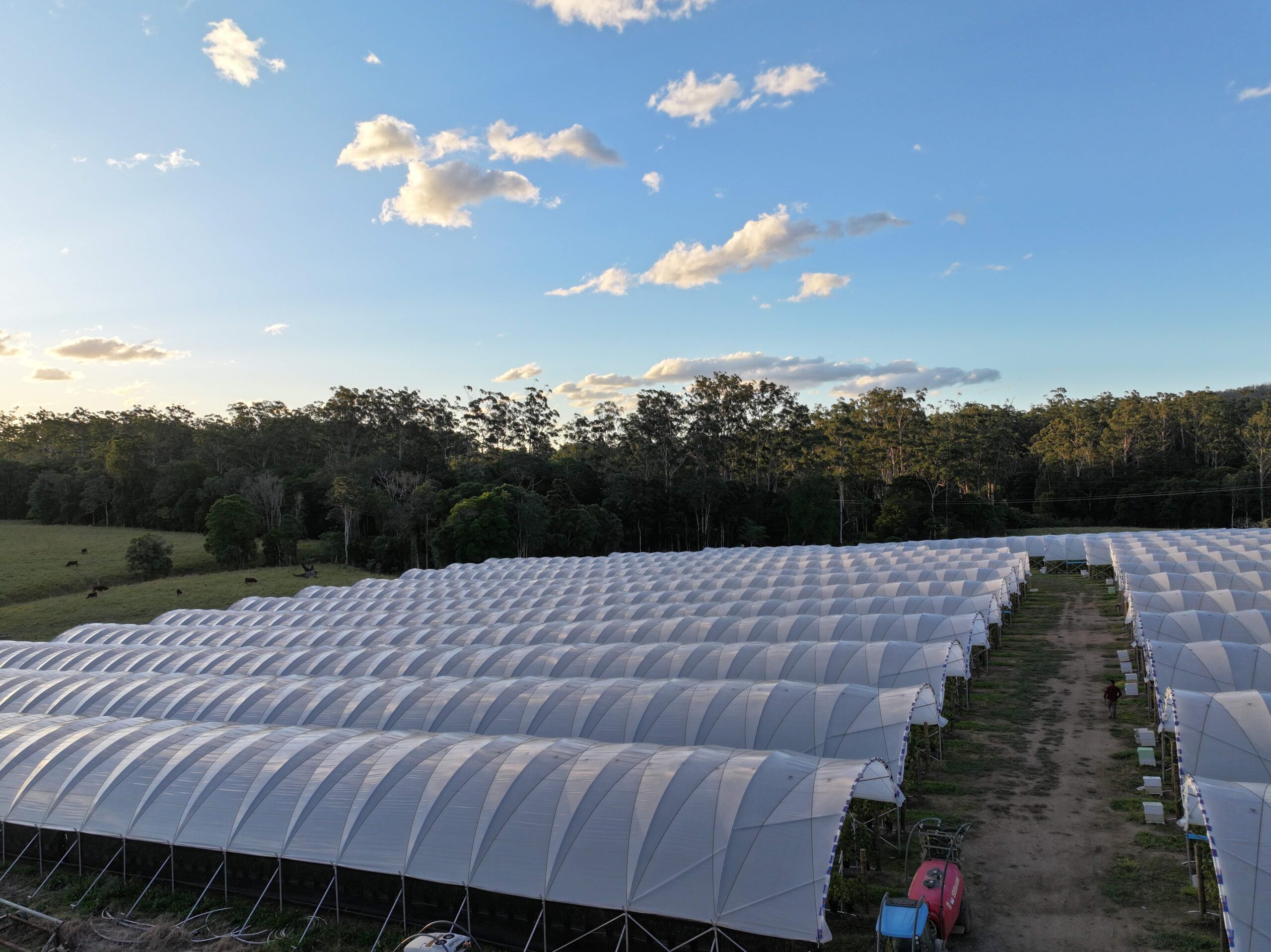What is Polytunnel Plastic?
Polytunnel plastic, also known as polyethylene film, is a specialized type of plastic used to cover polytunnels. These structures, also called high tunnels or hoop houses, create a microclimate that protects plants from harsh weather conditions, pests, and diseases. The plastic cover is crucial as it allows light to penetrate while maintaining a controlled environment inside the tunnel.
Benefits of Using Polytunnel Plastic
Extended Growing Season: Polytunnel plastic can significantly extend the growing season by protecting plants from early frosts in the spring and extending the harvest period into late fall.
Weather Protection: It shields plants from extreme weather conditions such as heavy rain, strong winds, hail, and even snow, ensuring that your crops remain safe and healthy.
Pest and Disease Control: By creating a physical barrier, polytunnel plastic helps keep out pests and reduces the spread of diseases that can devastate your plants.
Enhanced Growth: The controlled environment inside a polytunnel promotes faster and healthier plant growth. The plastic helps maintain optimal humidity and temperature levels, which are crucial for plant development.
Cost-Effective: Compared to traditional greenhouse , polytunnels are more affordable and easier to construct, making them an excellent option for both amateur and professional gardeners.
Types of Polytunnel Plastic
Standard Polythene Film: This is the most common type of polytunnel plastic. It is durable, flexible, and offers good light transmission. Standard polythene is available in different thicknesses, with 200 microns (0.2 mm) being a popular choice for its balance of strength and light diffusion.
Thermal Polythene Film: Also known as IR (Infrared) polythene, this type of plastic helps retain heat within the polytunnel. It is especially beneficial in cooler climates or during the winter months as it reduces heat loss and maintains a more stable temperature.
Anti-Drip Polythene Film: Condensation can be a problem in polytunnels, leading to dripping water that can damage plants. Anti-drip polythene has a special coating that prevents condensation from forming droplets, ensuring a drier environment for your plants.
UV-Stabilized Polythene Film: Exposure to UV rays can degrade plastic over time. UV-stabilized polythene is treated to withstand the harmful effects of the sun, prolonging the lifespan of your polytunnel cover.
Choosing the Right Polytunnel Plastic
When selecting polytunnel plastic, consider the following factors:
Climate: If you live in a colder region, thermal polythene film will be more beneficial. For areas with high humidity, anti-drip polythene can prevent moisture-related issues.
Durability: Look for high-quality, UV-stabilized polythene to ensure your polytunnel cover lasts longer and provides consistent protection.
Light Transmission: Ensure the plastic allows sufficient light to penetrate. Plants require adequate light for photosynthesis, so choose a film with good light transmission properties.
Thickness: Thicker films offer better durability but may reduce light transmission slightly. Balance the need for strength with the necessity for light when choosing the thickness of your polytunnel plastic.




.jpg)

Comments